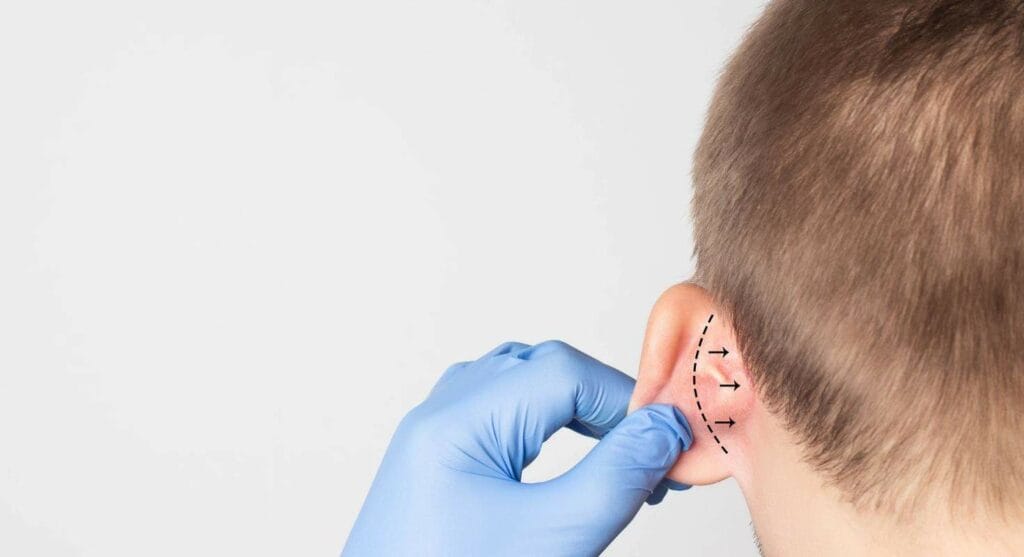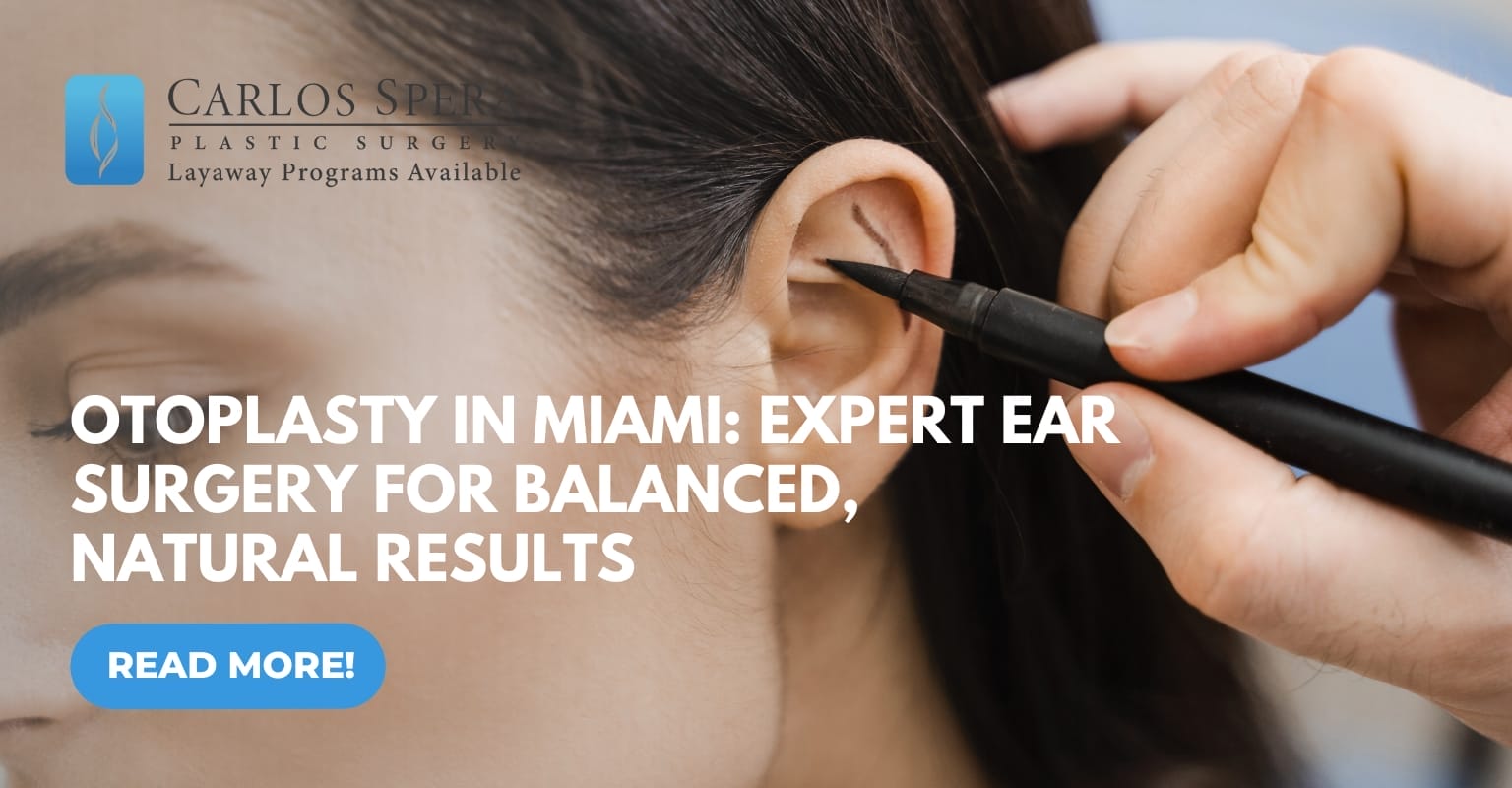Do you have that strong desire to touch your recently completed ear surgery? Hold on for a bit and read carefully, for this might change the outcome of your surgery.
- Home
- About Us
- Breast
- Body
- Face
- Tempsure Envi
- Deep Plane Facelift
- Rhinoplasty
- Ultrasonic Rhinoplasty
- Septoplasty
- Facelift (Rhytidectomy)
- Blepharoplasty (Eyelid Surgery)
- Otoplasty (Ear Surgery)
- Mentoplasty (Chin Implants)
- Endoscopic Brow Lift
- Smartgraft FUE Hair Transplant
- Hair Transplant Surgery
- Non-Surgical Treatment of Alopecia
- Rhinophyma
- Dermal Fillers
- Neck Lift
- Skin
- Payment Plans
- Home
- About Us
- Breast
- Body
- Face
- Tempsure Envi
- Deep Plane Facelift
- Rhinoplasty
- Ultrasonic Rhinoplasty
- Septoplasty
- Facelift (Rhytidectomy)
- Blepharoplasty (Eyelid Surgery)
- Otoplasty (Ear Surgery)
- Mentoplasty (Chin Implants)
- Endoscopic Brow Lift
- Smartgraft FUE Hair Transplant
- Hair Transplant Surgery
- Non-Surgical Treatment of Alopecia
- Rhinophyma
- Dermal Fillers
- Neck Lift
- Skin
- Payment Plans






